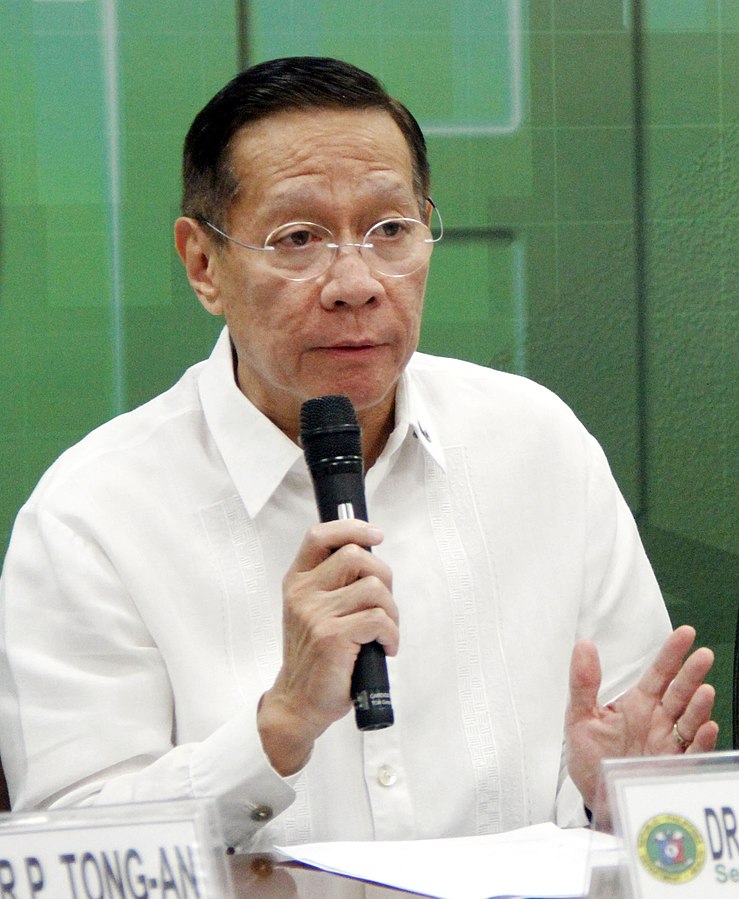
MANILA, Philippines — Philippine health officials declared a polio outbreak in the country on Thursday, nearly two decades after the World Health Organization declared it to be free of the highly contagious and potentially deadly disease.
Health Secretary Francisco Duque III said at a news conference that authorities have confirmed at least one case of polio in a 3-year-old girl in southern Lanao del Sur province and detected the polio virus in sewage in Manila and in waterways in the southern Davao region. Those findings are enough to declare an outbreak of the crippling disease in a previously polio-free country like the Philippines, he said.
The World Health Organization and the United Nations Children’s Fund expressed deep concern over polio’s reemergence in the country and said they would support the government in immunizing children, who are the most susceptible, and strengthening surveillance.
“As long as one single child remains infected, children across the country and even beyond are at risk of contracting polio,” UNICEF Philippines representative Oyun Dendevnorov said.
WHO and UNICEF said in a joint statement the polio outbreak in the Philippines is concerning because it is caused by vaccine-derived poliovirus type 2.
The weakened virus used in vaccines replicates for a short time in children’s intestines and is excreted in their feces. In rare instances, they said, the weakened virus can strengthen in areas with poor sanitation and hygiene. Children who have not been properly immunized can be susceptible.
They said the last known case from a wild strain of the virus in the Philippines was in 1993. Wild poliovirus type 2 was declared globally eradicated in 2015.
There is no known cure for polio, which can only be prevented with vaccines. Duque said his department will launch a mass vaccination campaign next month for children under age 5, starting in the Manila metropolis, Lanao del Sur and Davao, where the virus was detected.
The government’s immunization programs were marred in 2017 by a dengue fever vaccine made by French drugmaker Sanofi Pasteur which some Philippine officials linked to the deaths of at least three children. Duque and other Philippine health officials say they have worked to restore public trust in vaccines since then.
The government halted the dengue immunization drive after Sanofi said a study showed the vaccine may increase the risk of severe dengue infections. More than 830,000 children received the Dengvaxia vaccine under the campaign, which was launched in 2016 and halted in 2017.
Sanofi officials said the Dengvaxia vaccine was safe and would reduce dengue infections if the vaccination drive continued.
At least 95% of children under age 5 need to be vaccinated to halt the spread of polio in the Philippines, WHO and UNICEF said.